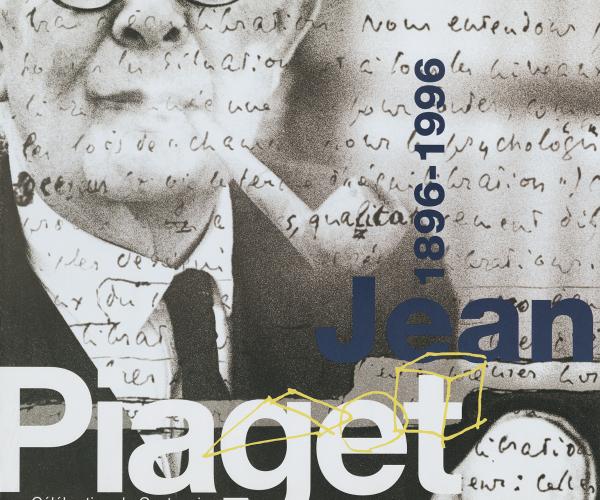The Swiss schools abroad
What makes a school abroad a Swiss school? Rather than the mere number of its students equipped with a passport displaying the white cross, it is the Swiss spirit of its teachers turning it into an ideal place for promoting the Swiss model. This is, at least, how these schools have been presented since the 19th century.
The first Swiss school abroad opened its doors in Naples, in 1839. From their inception, the very definition of what a Swiss school
ought to be, had been a matter for debate. But all of them shared common traits: They were private schools, usually offering primary education. Teaching was, whenever possible but not exclusively, in one of the Swiss official languages and based on Swiss curricula. In 1947, the majority of schools taught in German, only those in Cairo and Alexandria were francophone.
The Swiss schools have received an annual subsidy since 1922. Pro Helvetia did not consider the question of education as a part of the foundation’s mandate, and left it to the Federal Department to take care of the Swiss schools abroad. Although regarded as important cultural bridges immediately after the war, they also experienced significant decline.
1956, parliament raised the annual subsidy to 500’000 Swiss francs and allocated 600’000 francs to the establishment of new schools in Bogotà, Lima, and Santiago. There was a demand for Swiss schools mainly in South-America during the 1950s. There, teaching was mainly in German, the schools taking advantage of the important German speaking colonies. Francophone children were rather encouraged to follow courses offered by the network of the Alliance Française.
The Federal Council acknowledged and supported 10 schools in 1947, 19 in 1972, and 17 in 1985.
The Swiss schools are important for the Swiss colonies
, i.e. Swiss expatriates, as places for social gatherings and as one of the mainstays of national identity. The schools’ leadership, supported by the Organisation of the Swiss Abroad, also regarded them as ideal places to establish cultural influence, as mentioned in a brochure, edited by Professor W. Baumgartner, president of the auxiliary committee for Swiss schools abroad:
Although of course a minimal number of Swiss pupils is necessary, the Swiss spirit, characterising our schools, depends above all on the teaching staff and not on the students. It is the homeland which provides the teachers with what it takes to create the school’s spirit. We do not think of the curriculum in the first place, but rather of certain principles of education, of a certain attitude, which summed up and roughly described, comprises honesty, orderliness, precision, righteousness, diligence, integrity, patience and a spirit of solidarity. At home, the Swiss schools abroad have already acquired a lot of friends, who, thanks to their important positions often play a role in planning cultural, economic and political relations with the Confederation. Allow me to mention again, that one of the best traditions of our country in cultural terms is our contribution to international understanding.
These schools then spread the Swiss spirit
, thus accomplishing important propaganda work among the students, only a third of which on average, is Swiss.
Pro Helvetia does not support these schools, which, according to the board of the foundation fall under science and not culture. In the second half of the 20th century, the Swiss schools abroad underwent an important transition: while those in Alexandria and Cairo closed down in 1970, several more were established in South-America, as in Rio de Janeiro or Mexico in 1966.
(pm)
Archives
AFS, e3001(b), 1978/30, v.24 V.2.9.1.7
Message sur l’aide aux écoles suisses à l’étranger, 17.09.46, in Feuille fédérale, 1946, vol.III, pp. 242-244.
Bibliography
ARLETTAZ Gérald, Les Suisses de l’étranger et l’identité nationale, in Études et sources, n° 12, Berne : Archives fédérales, 1986, p. 5-35.









